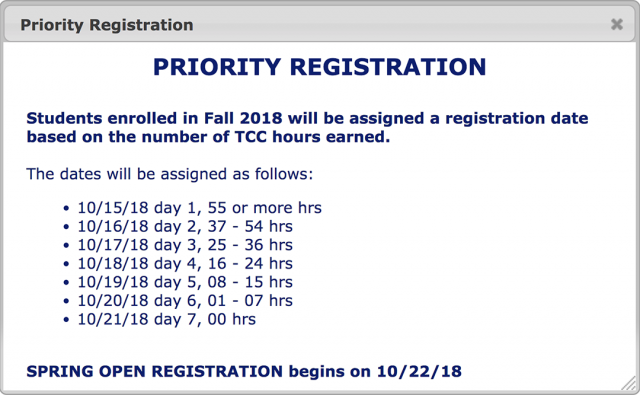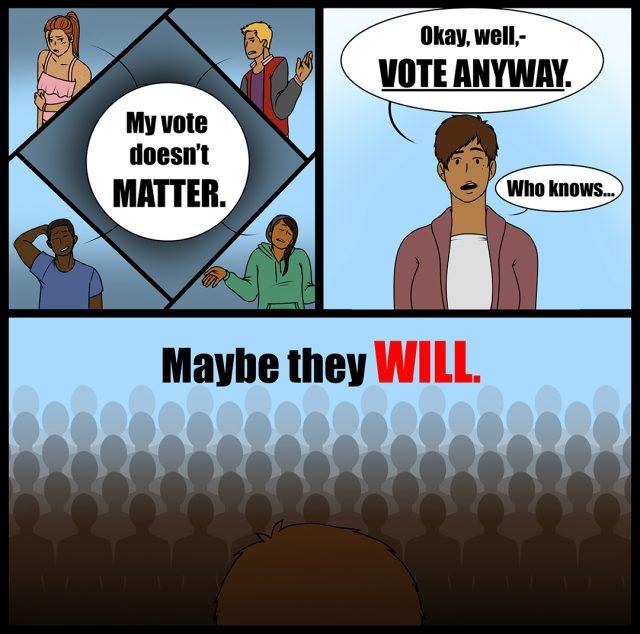By Michael Foster-Sanders/campus editor
It’s natural for competitors not to like or to take digs at each other.
But when those insults cross the line to family or religion, it has to be checked immediately.
If not, it can lead to things like the brawl that happened after the Oct. 6 UFC fight between Conor McGregor and Khabib Nurmagomedov.
McGregor was allowed to make insults attacking Nurmagomedov’s Islamic faith as well as his friends and family. The Irishman went as low as calling his opponent “a smelly Dagestani rat,” during a pre-fight press conference. Then McGregor’s cornermen allegedly shouted racial epithets during the fight, which was the final straw that led to the all-out rumble after the match. This is what happens when people use hate to sell tickets.
Using racism and bigotry to sell sporting events is nothing new in the history of the entertainment industry.
In 1910, Jack Johnson fought James J. Jeffries, or as the media dubbed it, The Black Pearl vs. The Great White Hope. Jeffries, who was the heavyweight champion in 1903, retired because he didn’t want to fight Johnson, who was black. Jeffries believed Johnson wasn’t fit to fight a white man for the title.
The media, who seemed to have a vendetta against Johnson because he was an intelligent, non-subservient black man and who openly dated white women, called for a white boxer to put Johnson in his place and restore white pride back to the sport. The media and press poured gasoline on this fire during a volatile time in America’s history when racial tension was high. Jeffries eventually challenged Johnson and lost the fight, which led to race riots across major cities where white mobs killed hundreds of blacks to instill fear so people of color wouldn’t get any ideas of superiority and stay in their inferior place.
When hate is used to give more exposure to an event, it’s like a person who turns the bathtub faucet knobs all the way and walks away with the stopper plugged in the drain. Things will eventually over flow, flood and cause damage.
We can’t keep being surprised when it does.
































